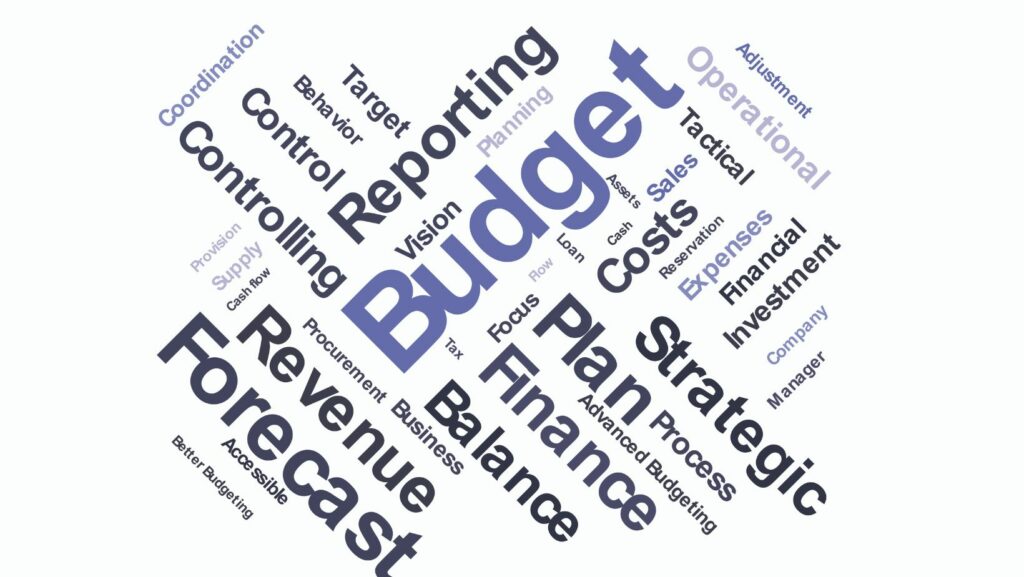When it comes to managing finances, one of the most important tasks is comparing actual results to budgeted results. This process allows individuals and businesses to assess their financial performance and make informed decisions for the future. By analyzing how closely actual expenses and revenues align with what was originally budgeted, it becomes easier to identify areas of success or areas that require adjustments.
Table of Contents
ToggleBudgeting involves setting financial goals and allocating resources accordingly. However, it’s not enough to simply create a budget; regularly monitoring and comparing actual results against the budget is crucial for effective financial management. This practice helps in understanding whether the planned expenditures are on track, if there are any unexpected variations in revenue, or if certain cost-saving measures need to be implemented.
By conducting a thorough analysis of budgeted versus actual results, individuals and businesses can gain valuable insights into their financial health. It allows them to identify potential inefficiencies, spot trends, and make proactive changes when necessary. Whether it’s personal finance or business operations, comparing actual results to the budget can serve as a powerful tool for making informed financial decisions.
In conclusion, regularly comparing actual results to budgeted results provides a clear picture of how well financial goals are being met. This practice helps in identifying areas for improvement and enables individuals and businesses to adjust their strategies accordingly. By staying vigilant with this process, better financial outcomes can be achieved over time.
Budget Compare Actual Results To Budgeted Results.
When it comes to managing finances, one essential task is comparing budgeted results to actual results. This allows us to gauge the accuracy of our financial plans and make informed decisions moving forward.
Why Compare Budgeted Results to Actual Results?
Understanding the reasons behind this comparison is crucial. By comparing budgeted results to actual results, we can:
- Evaluate Performance: It provides a clear picture of how well we have executed our financial plans. We can identify areas where we have met or exceeded expectations, as well as areas that require improvement.
- Identify Variances: Comparing the budgeted and actual figures helps us identify any variances between them. These variances could be due to external factors or internal factors such as miscalculations or unforeseen circumstances.
- Take Corrective Actions: Armed with the knowledge of variances, we can take appropriate corrective actions if needed. This could involve adjusting future budgets, reallocating resources, or implementing more effective strategies.
The Process of Comparing Budgeted Results to Actual Results
To effectively compare budgeted results to actual results, follow these steps:
- Gather Data: Collect all relevant financial data for both the budgeted and actual periods under analysis. This includes revenue figures, expenses, and other key metrics specific to your organization.
- Create a Comparison Table: Present the data in a clear and organized manner using a comparison table. This allows for easy identification of differences between the two sets of numbers.
| Category | Budgeted Amount ($) | Actual Amount ($) | Variance ($) |
| Revenue | |||
| Expenses | |||
| Net Income |
- Analyze Variances: Examine each line item in the comparison table and calculate the variance between the budgeted and actual amounts. This will help pinpoint areas of concern or success.
- Investigate Deviations: For any significant variances, delve deeper to understand the reasons behind them. It could be due to changes in market conditions, unexpected expenses, or errors in forecasting.
- Take Action: Based on your analysis, develop an action plan to address any unfavorable variances and capitalize on positive deviations. Adjust future budgets accordingly and implement strategies to improve financial performance.
Comparing budgeted results to actual results is an ongoing process that requires regular monitoring and evaluation. By staying vigilant and responsive, we can ensure our financial plans remain aligned with our goals and adapt as needed for continued success.

Understanding The Importance Of Budget Comparison
When it comes to managing finances, one crucial aspect is comparing actual results to budgeted results. This practice allows individuals and businesses alike to evaluate their financial performance, identify areas of improvement, and make informed decisions for future planning. Let’s delve into why understanding the importance of budget comparison is vital.
- Monitoring Financial Health: Comparing actual results to budgeted results provides a clear picture of an entity’s financial health. It enables us to assess whether we are meeting our financial goals or if adjustments need to be made. By regularly analyzing these comparisons, we can determine if we are spending within our means or overspending in certain areas.
- Identifying Variances: Budget comparison helps us identify variances between what was planned and what actually happened. These variances can highlight discrepancies in revenue generation, cost overruns, or unexpected expenses that may have occurred during the period under analysis. Understanding these discrepancies allows us to pinpoint potential issues and take corrective actions promptly.
- Making Informed Decisions: Armed with accurate data from budget comparisons, we can make well-informed decisions regarding resource allocation, investment opportunities, cost-cutting measures, and strategic planning for growth. By leveraging this information effectively, we maximize our chances of achieving financial success.
- Enhancing Efficiency: Analyzing budget comparisons helps identify inefficiencies within our operations. It allows us to streamline processes and eliminate unnecessary costs or wasteful practices that may hinder profitability or impede progress towards our financial objectives.
- Facilitating Course Correction: Regularly comparing actual results to budgets ensures that any deviations from planned targets are identified early on. This proactive approach enables us to adjust strategies and take necessary corrective measures promptly rather than waiting until it’s too late.
In summary, understanding the importance of budget comparison empowers individuals and organizations with valuable insights into their financial performance and fosters better decision-making abilities based on accurate data. By monitoring financial health, identifying variances, making informed decisions, enhancing efficiency, and facilitating course correction, budget comparison becomes a fundamental tool for achieving financial success.











